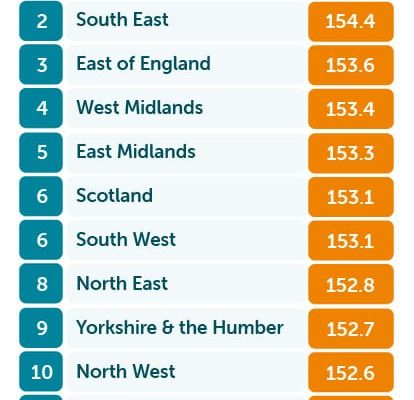For many car owners, the cost of fuel is a significant monthly expense․ Understanding the average monthly gas costs can help consumers budget more effectively and make informed decisions about their vehicles․ In this article, we will explore the factors that contribute to gas prices, average costs across different regions, and tips for managing fuel expenses․
Factors Influencing Gas Prices
The price of gasoline fluctuates due to various factors, including:
- Crude Oil Prices: The cost of crude oil is the primary driver of gasoline prices․ Global oil supply and demand dynamics, geopolitical events, and OPEC’s production decisions can lead to price swings․
- Seasonal Demand: Gas prices often rise during peak driving seasons, such as summer vacations and holidays, when demand increases․
- Refinery Operations: Maintenance and outages at refineries can reduce supply and push prices higher․
- Geographic Location: Prices vary significantly from one region to another, influenced by local taxes, transportation costs, and competition among gas stations․
Average Monthly Gas Costs
According to recent data, the average car owner in the United States spends around $150 to $250 per month on gasoline․ However, this number can vary widely based on several key factors:
- Driving Habits: Those who commute long distances or frequently take road trips will naturally incur higher fuel costs․
- Vehicle Fuel Efficiency: Cars with higher miles per gallon (MPG) ratings consume less fuel, thereby reducing monthly costs․
- Fuel Prices by State: States like California and Hawaii often have higher gas prices due to taxes and other factors, while states like Texas may enjoy lower costs․
Regional Breakdown of Gas Prices
Here’s a quick look at average gas prices across various regions in the U․S․ as of October 2023:
- West Coast: $4․50 per gallon
- Midwest: $3․80 per gallon
- South: $3․40 per gallon
- Northeast: $4․00 per gallon
Tips for Managing Gas Expenses
To help curb fuel costs, here are some practical tips:
- Maintain Your Vehicle: Regular maintenance, including oil changes and tire rotations, can improve fuel efficiency․
- Drive Smart: Avoid rapid acceleration and excessive idling, which can waste fuel․
- Carpool or Use Public Transport: Sharing rides or utilizing public transportation can significantly reduce individual fuel costs․
- Consider Fuel Rewards Programs: Many gas stations offer loyalty programs that provide discounts or cashback on fuel purchases․
For car owners, understanding average monthly gas costs is crucial for effective budgeting and financial planning․ By keeping an eye on fuel prices and adopting smart driving habits, consumers can mitigate their fuel expenses․ While gas prices can be unpredictable, being informed and proactive can help you navigate the costs of car ownership with greater ease․










Really appreciated the tips for managing fuel expenses. This will help me budget better!
Great insights on how driving habits affect fuel costs. Definitely made me rethink my commute!
This article provides a comprehensive overview of gas prices and their influencing factors. Very informative!
The information about crude oil prices was eye-opening. I had no idea how much it impacts gas costs!
Excellent article! The seasonal demand section explained a lot about why prices fluctuate.
I found the breakdown of regional gas prices particularly helpful. It really puts things into perspective!